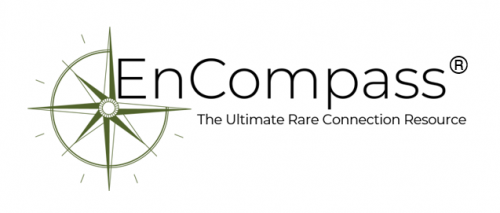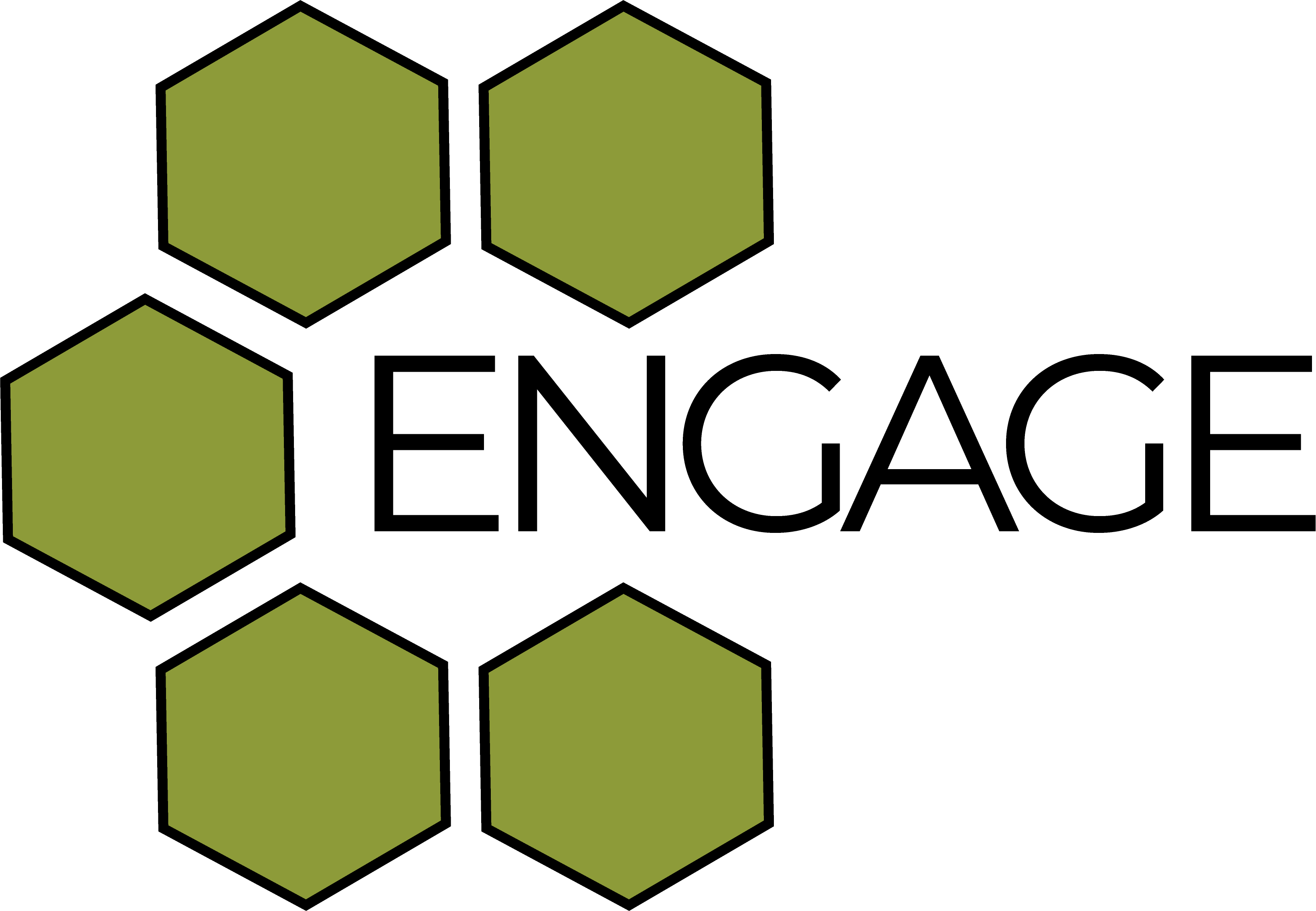Engaging Patients and Clinicians:
The EnCompass® Database Advantage

For a biopharmaceutical company, identifying and engaging patients and clinicians is a critical step in the drug development process and it can be a difficult task. But in the rare disease space, where diseases have fewer than 200,000 patients and some genetic disorders have only a few hundred patients world-wide, finding patients and the clinicians who treat them can be like finding a needle in the proverbial haystack.
It’s a costly problem. Drug companies burn through precious capital recruiting hard to find patients and clinics to understand the disease spectrum, capture natural history data and participate in clinical trials. The longer the search takes, the more expensive it is. If a company fails to recruit enough patients for a valid trial, their promising new therapy could fail to get off the ground, which in turn, could put at risk the entire program for an un-served group of patients.
For patients it’s not about expense. It’s about quality of life and disease progression. Many rare disease patients lack adequate treatment options – some lack any treatment options at all. They may lack a proper diagnosis, their primary doctor may not understand their condition or the testing and treatments that are available. They may be unaware of specialists in the field who have experience with their rare disease. If there are trials being conducted for their condition, does the drug developer know where to find them in order that they have access to potential therapies in development? This disconnect is not only frustrating, but it many cases it is denying or delaying people the chance for a better outcome.
Engage Health, a leader in the rare disease space, is tackling this problem head on thanks to “EnCompass®,” a proprietary database comprised of over 1.2MM rare disease healthcare providers, advocacy organizations and patients organized by the rare diseases that they treat or by which they are affected.
“We’ve spent over 25 years working in field of rare diseases, engaging with and connecting patients, doctors, researchers and orphan drug developers,” said Patti Engel, CEO of Engage Health. “During that time Engage Health has interfaced with numerous stakeholders and touched a significant amount of data, capturing all of that in the EnCompass® database. Beyond just “data”, our personal connection provides added insights; knowing who the active patients are, what their specific rare disease diagnosis is, and who the doctors are that treat their condition is the EnCompass® advantage,” Engel explained.
John Ditton, President of Rare Connections, a biotech consulting firm in the field of rare diseases, agrees. “The quicker we can get a trial enrolled, the quicker we can get a result. And if that result is a positive result, the quicker that patient population can be treated,” Ditton said.
According to Ditton traditional methods of patient and clinician recruitment can be imprecise. Attending a conference or working with patient advocacy groups is great, but you are limited to just the people at the conference or who actively participate in those groups. Publications can increase interest and awareness, but often not among the people you are trying to target. Lists compiled from mining the insurance data is a better approach, but that too can be inaccurate. Insurance data is based on ICD codes (International Classification of Diseases); unfortunately, these can have multiple diagnoses lumped together. A patient may be coded with a “catchall code” such as, “metabolic disorder” for example, but not a specific disease such as MPS 7. So a listing of ICD data may contain many patients you don’t need, or may miss a patient you are trying to reach because the diagnosis is not specific enough.
Ditton says working with verified data such as EnCompass® may not be like shooting fish in a barrel, but at least you know you are fishing in the right pond and not a vast ocean. And that, hopefully, makes for better outcomes, by helping to cut down the time and expense it takes to engage patients and clinicians for clinical trials and other important activities. “In our case we found that if you’re changing enrollments from 12 months to one month, you’re potentially not just improving the outcomes of that trial, but you are potentially improving the chances that physicians can get those patients on a drug much more quickly – which is very meaningful in progressive disorders” Ditton said. “One of the things I’ve liked about working with Engage is that we didn’t just fall in love with the internet and the digital age, much of the database building was foundation and face-to-face; making a telephone call, conducting an interview, meeting someone at a conference, or interfacing through the many pro-bono projects they do; there’s value in that, there’s value in the specificity of that contact and the accuracy of that,” Ditton concluded.
“What Engage offers, with a tool like the EnCompass® database, is modern analytics with a human touch,” Engel said.
You can learn more about this innovative approach at the 2019 World Orphan Drug Congress on Wednesday, April 10, from 9 a.m. – noon, where Engage Health is hosting a workshop entitled, Identifying and Engaging Patients and Clinicians in the Rare Disease Space. To learn more please visit https://www.terrapinn.com/conference/world-orphan-drug-congress-usa/Engage-Health-Workshop.stm
